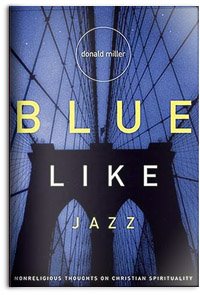
"You know, it's very strange -- I have been in the revenge business so long, now that it's over, I don't know what to do with the rest of my life." Inigo Montoya in "The Princess Bride"
"Revenge is a dish best served cold" Pierre Choderlos de LaClos in "Dangerous Liaisons"
Have you ever met someone who was consumed by a desire for revenge? How much fun were they to be around? Everyone that I knew who was dead set on paying someone back for a real or perceived slight was an unpleasant person to be around. Revenge tends to become an all-consuming passion that destroys everything and everyone in its path.
In the Princess Bride Inigo is out to kill the 6-fingered man who killed his father. He spends 20 years hunting the man and in the process he becomes a drunk and takes unsavory jobs because "there's no money in revenge."
The Bible has some stories of revenge that are enlightening. The sons of Israel at Shechem. Saul and David. Ahab and Elijah. Absalom and David. All were stories of people who believed that they or someone they loved had been wronged. And all of these instances led to disaster of some sort.
The sons of Israel lost their birthright to Judah. Saul lost his kingdom and life. Ditto for Ahab. And Absalom killed Amnon for raping his sister. Which led him into open warfare with his father, David.
Why do we so desire revenge? Pride I suppose. I know it has been part of our nature since Adam and Eve messed up the whole arrangement with God. But from the beginning God has been telling people that vengeance is his job, not theirs. Go through your bible or go to Crosswalk and do a search on vengeance. In nearly every instance it God reserves that for Himself, or those He instructs to take his vengeance. Other than the Avenger of Blood in the OT, I can't think of a divinely approved vengeance scenario that isn't directed by The Lord Almighty. If you know of one, let me know.
So what do we do with our desire for revenge? The easy answer is to "Give it to God" and let it go. That is much easier said than done. As with any other hurt requiring forgiveness, it becomes a day-by-day decision to forgive. I know that I have struggled with forgiveness and every time I remember the hurt and the anger wells up inside me, I have to choose again at that moment to forgive. The good news is that as I do that, it becomes harder for the anger to take hold and grow into bitterness. It's like beating back a pernicious weed. You may not be able to kill it at the beginning, but each time it gets whacked, it gets weaker. Eventually it will die. So will your anger, on a Cross with the only person who really had a great case for revenge. And he chose not to exercise his right. I'm glad it was Jesus and not me making that call.



